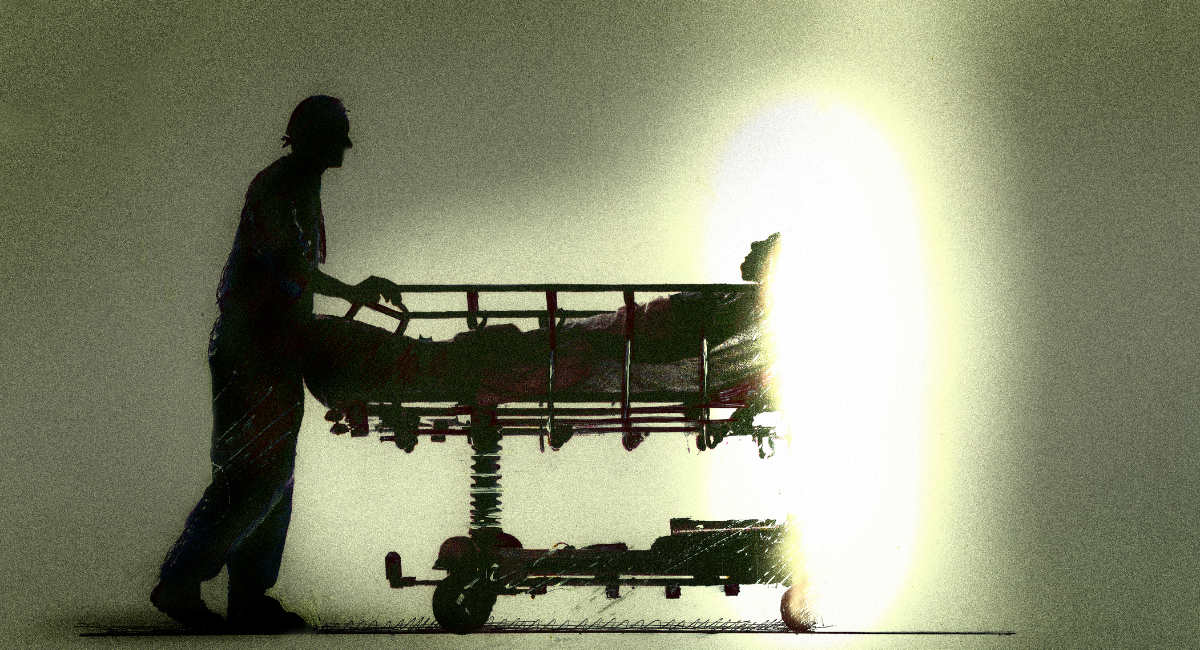Lawmakers in Portugal have again attempted to legalize euthanasia, with Parliament passing another version of the bill it’s been trying to advance for years.
Three previous times, the parliament tried — and failed — to pass pro-physician assisted death legislation. Each time, it was blocked by either Portugal’s Constitutional Court or President Marcelo Rebelo de Sousa.
Previous legislation stated that the person must be experiencing suffering of “great intensity,” and replaced the term “fatal disease” with “serious and incurable disease,” which could allow those who aren’t dying, but have chronic illnesses, like diabetes or cystic fibrosis, to be eligible. The new legislation was updated to say that euthanasia can only be committed if assisted suicide is impossible due to a patient’s physical inability, and removed references to “physical, psychological and spiritual suffering.” Judges had previously said these terms were too vague, could lead to “too many interpretations” and could be “abused legally.”
According to the Portugal News, a coalition of numerous parties voted in favor of the bill. Only the Chega and PCP parties voted against it. It will now be sent to President de Sousa, who will either veto the bill or send it to the Constitutional Court. He also could choose to hold a referendum, allowing the public to decide, which is what some of the politicians are urging.
André Ventura, head of the Chega political party, previously argued the public should decide on whether or not euthanasia is legalized. “This process can only be resolved with a referendum,” he said, adding “an issue of this importance, twice declared unconstitutional by the TC, can only be resolved with the direct participation of Portuguese citizens.”
Portugal’s Catholic bishops, meanwhile, previously applauded de Sousa’s decision to veto, saying euthanasia is an affront to human dignity, with spokesperson Father Manuel Barbosa saying, “Any legalization of euthanasia and assisted suicide is always contrary to the affirmation of the dignity of the human person and to the Constitution of the Portuguese Republic.”








